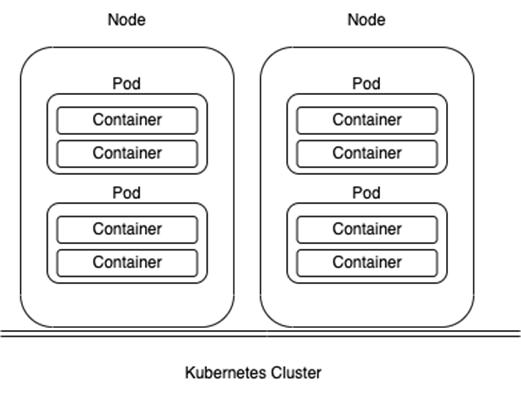This article was updated on June 19, 2024
Over the last few years, containers have been one of the hottest topics when it comes to radically changing the way we develop, operate, and maintain our applications. And it’s no coincidence the rise of containers has occurred right alongside the rise of the cloud and the DevOps movement. This shift in development and operations has brought new challenges as container technologies have evolved. With organizations increasingly deploying microservices in containers, their management can get out of control quickly. There are a few technologies you’ll hear a good deal about when it comes to diving deeper into container management, so it’s important to get an understanding of the players in this space. These days, most people jump right to Kubernetes when they hear the word containers or the phrase container orchestration, with good reason. Let’s take a closer look at container orchestration and whether Kubernetes is still the best container orchestration tool.What Is Container Orchestration?
Container orchestration is about managing the lifecycle of containers, the apps running in them, and their operations. This becomes increasingly important as container-based environments grow larger and more complex. Container orchestration provides the flexibility needed to gain the business and operational benefits of adopting container technology. Here are some common tasks container orchestration can automate:- Configuration and scheduling of resources
- Provisioning and deployment of containers
- Availability of containers in the event of failure
- Scaling up and down
- Load balancing
- Traffic routing
- Monitoring of containers and their hosts
- Secure communication between containers
Container Orchestration Tools Pros and Cons
Let’s take a closer look at some of the container orchestration tools available, starting with one of the most popular solutions: Kubernetes.Kubernetes
The first tool coming to mind in terms of container orchestration is Kubernetes—an open-source tool considered the most popular and advanced of orchestration tools. One thing to remember about Kubernetes is it was purpose-built from the ground up, specifically for container orchestration. Because it’s so mature, Kubernetes has several benefits. First and foremost, it’s perfect for the hybrid cloud. You can easily run it in your data center and the public cloud of your choice. We all know cloud infrastructure has grown in popularity in recent years, and Kubernetes is one way to take advantage of this. And nothing can match the workload portability of a container orchestrated by Kubernetes. Major cloud providers like AWS, Google Cloud, and Microsoft Azure have easy-to-deploy Kubernetes services making it simple to move containerized workloads to the public cloud or build them in a cloud-native fashion. To get started, many choose to begin their container deployment on-premises, in a test lab, or on a laptop. Because Kubernetes is so mature, it hides most of the complexity typically associated with managing workloads at scale. Kubernetes has four main components, which should look familiar to anyone who has dealt with virtualization options like VMware.- Cluster: The compute layer the containers run on. Each compute instance is usually called a node.
- Control Plane: These are the processes controlling the nodes.
- Kubelet: This service runs on each node and keeps track of the containers to ensure they’re started and running as they should.
- Pod: A group of containers running on the same node sharing components like IP addresses and hostnames.

Figure 1: A quick summary of what the Kubernetes architecture looks like.
Now, let’s look at some alternative container orchestration technologies.







